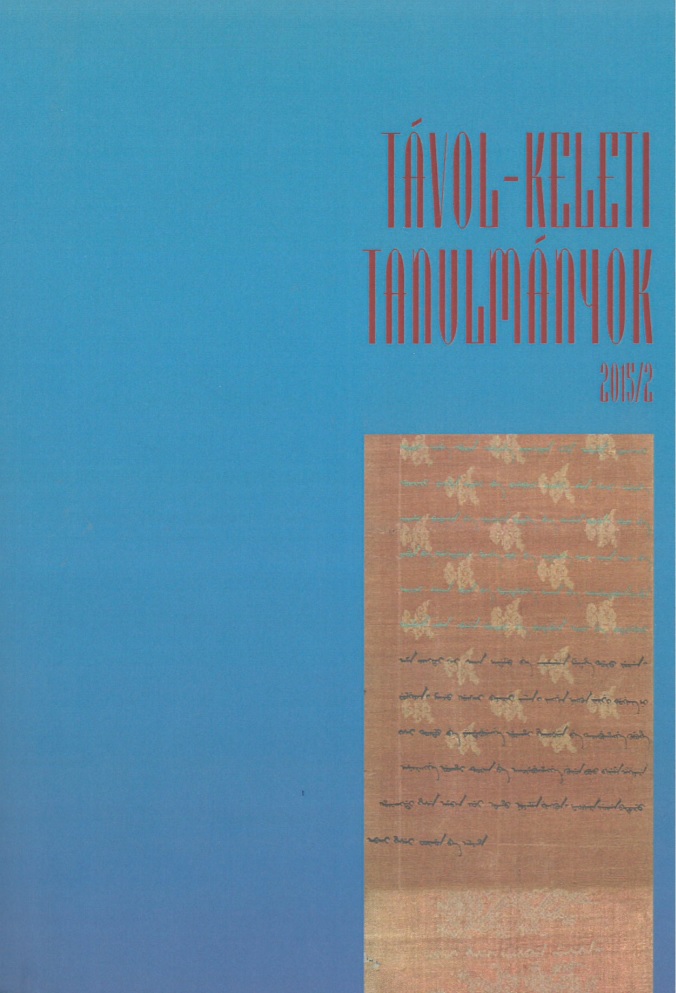Published 2016-09-04
How to Cite
Copyright (c) 2016 the author(s)

This work is licensed under a Creative Commons Attribution-NonCommercial 4.0 International License.
Abstract
The Yogācāra school of Buddhism, dating back to the 4th century CE, is traditionally considered as ‘idealism’. Even the alternative name of the school, vijñaptimātra (‘perception-only’), suggests this interpretation, according to which it is only perception that really exists. In light of the detailed philosophical analysis of Vasubandhu’s Viṁśatikā, this article concludes with a brief overview of the main theories concerning Vasubandhu’s metaphysical view, showing its similarity to the more familiar European idealist concepts, but hopefully even more the characteristics that make his idealism uniquely Buddhist.
